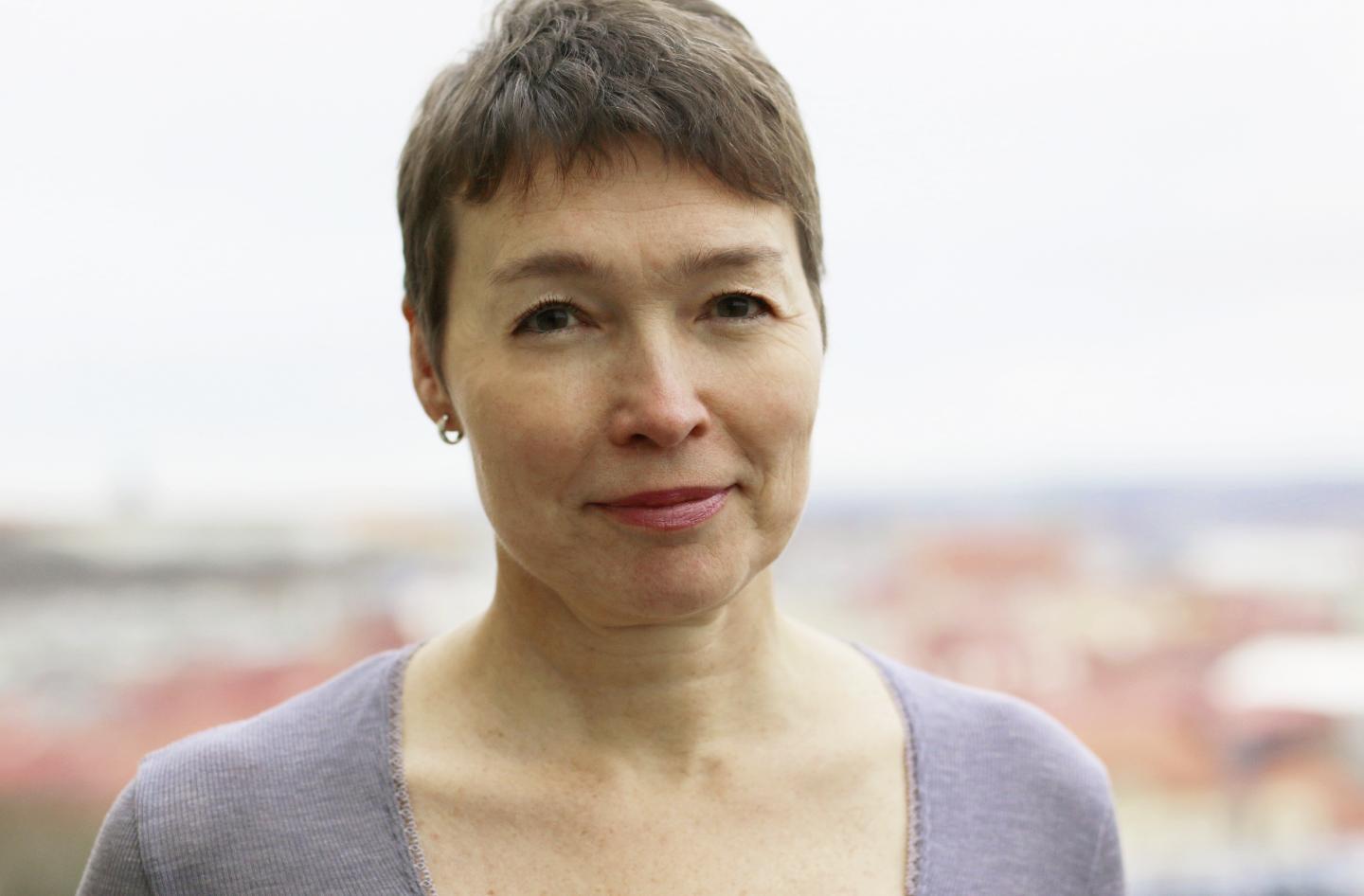
Credit: Photo: Karin Allander
Considerably more cases of suspected cancer can today be identified early within primary care. Partly based on symptoms but also statistics on the patients' visits to health centres, indicates research from Sahlgrenska Academy at University of Gothenburg, Sweden.
"When patients seek care more frequently, as opposed to previously when they maybe just came in to check their blood pressure, it could be a sign that something else is wrong, even if the symptoms can be initially interpreted as benign," says Dr Marcela Ewing, at the Institute of Medicine and specialist in general medicine and oncology.
Her thesis is based on information on 4,500 adult patients who sought primary care in the Vastra Gotaland region, Sweden in 2010-2011 and were diagnosed with one of our most common forms of cancer. The group was compared to some 18,000 gender and age-matched control patients at the same health centres, who had no ascertained cancer.
The majority of the patients sought primary care with different complaints the year before they received their cancer diagnosis, but for more than half of them, it took four or more doctor visits at the health centre before the diagnosis was made. A significant number of symptoms that these patients sought help for, that turned out to be associated with cancer were presented as early as in the first two consultations, but the patients had to visit primary care doctors at least twice more.
"Cancer and cancer diagnosis are difficult, and it is something very unusual in the everyday work of a general practitioner. In a year, a general practitioner may only diagnose four or five cases. But you can increase attentiveness and ask yourself more often whether or not it is cancer, especially if the patient returns many times," says Marcela Ewing.
The research focused on seven common forms of cancer; breast cancer, gynaecological cancer, skin cancer, lung cancer, malignant melanoma, prostate cancer and colorectal cancer. The latter specifically, colorectal cancer, was classified separately concerning symptoms and predictability.
It turns out that patients that sought care for bleeding bowels in combination with diarrhoea, constipation, change in bowel habit or abdominal pain constituted the group that could be associated most strongly with early stage cancer, in their case, colorectal cancer that had yet not spread throughout the body.
"The value of a single symptom is often insignificant. If you seek primary care for bleeding bowels, the risk is approximately 4 per cent that it is cancer and 96 per cent that it is haemorrhoids or something else that is treatable. What we have shown is that it is the combination of symptoms that is important, even if they do not appear at exactly the same time, and attention must be focused on this. If we can identify cancer at an earlier stage, the patients' prognosis is better, and less of society's resources are required," says Marcela Ewing.
"A cancer diagnosis is made at a hospital, but it is often the general practitioners that introduce the idea and start an investigation," she goes on to say. "They are key people and it is important that they stay on their toes. The thought of cancer should always be in the back of your mind since the consequences of a late diagnosis can be so serious."
###
Title: Identification and early detection of cancer patients in primary care; http://hdl.handle.net/2077/55379
Media Contact
Marcela Ewing
[email protected]
46-076-947-4500
@uniofgothenburg
http://www.gu.se/english
Original Source
https://sahlgrenska.gu.se/english/research/news-events/news-article//more-cases-of-cancer-can-be-discovered-early-at-a-health-centre.cid1564651





